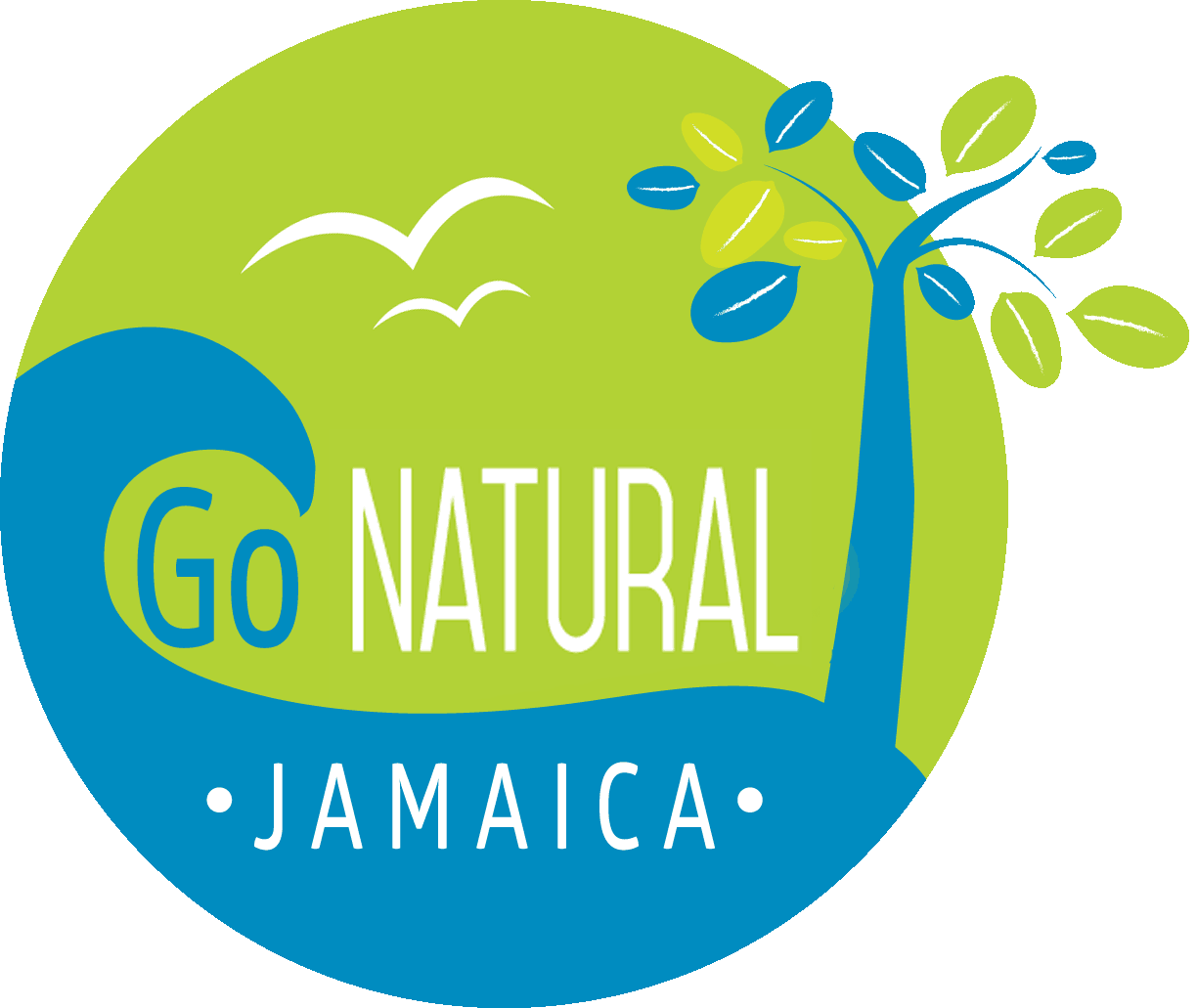Healthy Nap & science behind
- Aug 15, 2016
- 6 min read
Sleep makes a powerful influence on all our lives, and a 60-year-old person has spent almost 20 years asleep. The traditional theory about sleep is that our brain needs to rest for several hours to refresh-and-recharge itself, and to ‘file’ in our memory everything that has happened to us during the day.

We can put off sleeping for a limited period, for instance if we go to an all-night party, but sooner or later we have to fall sleep! If we are not allowed to sleep, we suffer hallucinations, and eventually we can die.
Interestingly enough, there are break-through researchers, at the Sleep Research Unit at Loughborough University, that have come up with a fascinating new theory that people don’t really need to sleep at all! They say that we sleep only because our brain is ‘programmed’ to make us do so.
Moreover, they believe that the ‘sleep instinct’ originates from prehistoric times: namely, the primitive man was ‘programmed’ to sleep to protect himself from the darkness with its many luring dangers.
Animals appear to have been similarly programmed: the count of hours they spent on sleeping is not proportionate to the number of hours spent on physical activities, but rather on how much time they need to eat. Cows, horses, sheep and elephants for example, which spend a lot of hours eating and masticating, sleep only 2-3 hours. On the other hand, cats, who have a lot of time to spare, sleep for long 14 hours a day, which is more than half of their ‘cat life.’
These outstanding researchers deem that ‘the tiredness’ we feel at the end of the day is produced by a chemical mechanism inside the brain, which actually makes us sleep. We are ‘programmed’ to feel ‘tired’ or ‘sleepy’ at midnight, even if we have spent the day relaxing on the beach or idly doing nothing!
Furthermore, they believe that the unpleasant symptoms we suffer when we do not sleep long enough are not due to the lack of rest, but rather because we have ‘failed to obey’ our brain’s programming session.
And the longer we don’t sleep, the worse for wear we feel. One of these researchers believes that if scientist could locate and ‘turn off’ [so to speak] the sleep mechanism in our brain that produces the feeling of tiredness, we could live completely normal and healthy lives without wasting hours on any sleeping!
So, is sleeping truly a waste of time?
Well, another one on the research team does not explicitly deny the great psychological value of sleep, and he is asking of us: “If scientists invented a pill which, if you took it, would keep you awake forever, would you take it? It’s a question that does make think over and over again, isn’t it?
Have you thought about having a timely deep-resting nap instead of a whole-night’s sleep?
However, for everything there is a season or all is done when done in good time. The new science of chronobiology tells us the best time of day to do everything – from writing a poem to taking a ‘power nap.’
According to this science, power naps can actually maximize performance, restore alertness and reduce mistakes and accidents we can make. Just make sure you do not sleep more than 30 minutes, otherwise you will wake up feeling even more tired than when you first laid down.
Why is this so?
Well, the science behind power naps explains this phenomenon, and again it all has to do with our brains, not our bodies!
Humans sleep just once a day, compared to over 85% of mammalian species that go to the “Zzizi… Land” more than once a day. Scientists still aren’t sure whether we are naturally monophasic creatures (that is ones that sleep once per day) orpolyphasic (ones that sleep more than once per day).
Yet, it is clear that a great majority of us simply aren’t getting enough sleep because of the symptoms our bodies are showing.
So, if you’re in a sleep deficit, you may need to think about integrating some power naps into your daily routine.
But what exactly is a power nap?
There are different types of naps: Power naps are defined as sleep sessions that happen during the day between 1:00 – 4:00 pm. They last between 10 and 30 minutes, because if they take any longer you’re running the risk of developing “sleep inertia” or the unpleasant groggy feeling you get from napping too long.
Sleeping past 4:00 pm will disrupt your regular night time sleep, so staying away from that hour is a key advantage as well.
Sarah C. Mednick, Ph.D, breaks down the different power naps as outlined below:
Naps lasting 10-20 minutes:
This nap time is great for a quick energy boost and improved alertness too. This length keeps you in the lighter stages of non-rapid eye movement (NREM) sleep, which makes it easier to go about your day after waking up.
• Naps lasting 30 minutes:
Sleeping for only 30 minutes may cause something called sleep inertia, when you get a groggy-like feeling after waking up. This effect can last for up to 30 minutes before the nap’s restorative benefits become apparent. This happens because we are interrupting stages of entering into deep sleep, which confuses our body and makes us more tired.
• Naps lasting 60 minutes: A 60-minute nap is best if you want to improve your memory for facts, faces and names. It includes the deepest type of sleep, called slow-wave sleep. The downside is that you may again feel groggy after waking up.
• Naps lasting 90 minutes:
90 minutes is the time it takes for you to undergo a full sleep cycle (the lighter and deeper stages, including REM (rapid eye movement) sleep (the sleep where we start to dream).
These 90 minute-sleep-cycles improve emotional and procedural memory (i.e., consolidating memory to riding a bike, playing the guitar) and creativity. Sleeping for 90 minutes instead of 30-60 minutes prevents sleep inertia, because you aren’t interrupting the 90-minute-sleep-cycle, whereas with 30 and 60 minutes, you do interrupt it!
While we are asleep, the brain goes through a pattern that lasts between 90 and 120 minutes. These stages include non-rapid eye movement (NREM) and rapid eye movement (REM) (associated with dreaming).
The deepest kind of sleep is NREM sleep, where we enter into slow-wave sleep. This is when we consolidate memories related to facts, places and faces, and is the main health benefit of the 60-minute power nap. The 90-minute nap is one complete sleep cycle, which helps in creativity and emotional and procedural memory (with less sleep inertia).
Mrs. Mednick also makes a note of 4 different types of naps:
Habitual napping: taking a nap at the same time every day.
Planned napping: involves taking a nap before you get tired. Usually a good thing to plan if you know you have a long night ahead.
Appetitive napping: you are addicted to napping – you nap only on the basis of pure enjoyment.
Emergency napping: when you need to take a nap because you’re so sleepy that you can’t engage in your current activity. (I used to get this during university and studying, but it is suggested to take a nap in scenarios when you get sleepy behind the wheel, or while operating heavy machinery.)
What health benefits a napping holds?
Taking a nap is an excellent time for the brain to reboot – it helps increase mental alertness, learning, memory and performance. In 1995, NASA published a groundbreaking study that looked at the beneficial effects of napping on sleepy military pilots and astronauts.
They found that a 40-minute nap improved performance by 34% and alertness by 100%. Planned naps are also extensively utilized in the medical community among nurses, doctors and medical students who work around the clock (24 hours a day). Results from these studies have shown that napping improves performance and subjective report in physicians and nurses compared to no-nap conditions.
Aside from increasing mental alertness, napping also improves learning and working memory. Your working memory is responsible for the transient holding and processing of new and already-stored information, and is important for reasoning, comprehension, learning and memory updating. It also improves memory retention – when we sleep, recent memories are transferred to the neocortex, and long-term memories are solidified and stored.
Napping reverses information overload and heightens your senses and creativity, too. Mrs. Mednick has found that napping improves your sensory perception as efficiently as a night of sleep.
Have you ever waked up from a nap and had a meal that tasted amazing?
Well, that’s because you had heightened sensory perception. The same goes for something you may visually inspect after a good nap, such as a sunset that looks more vibrant, or a painting that you may appreciate in a new way.
Lastly, napping greatly improves your overall health and mood. If you’re deprived of sleep, you’ll have an excess of the hormone cortisol pumping through your veins. The cortisol, or the so-called ‘stress hormone,’ helps us deal with responses of the fight or flight manner, but excess cortisol increases glucose intolerance, abdominal fat, weakens the immune system and muscular system, reduces memory and learning and decreases growth hormone and testosterone levels in the body.
As you sleep, your body releases growth hormone, which helps to boost the immune system, reduces stress and anxiety, gives your brain a chance to rest, and aids in weight loss and muscle repair. Sleeping and napping also saturates your brain withserotonin, reversing effects of depression, anxiety, and irritability.
So, the next time you are feeling groggy or dead tired, don’t reach for the coffee. Instead, take a 30-minute power nap. I guarantee you will feel better afterwards. Improve your life the best you can!



























Comments